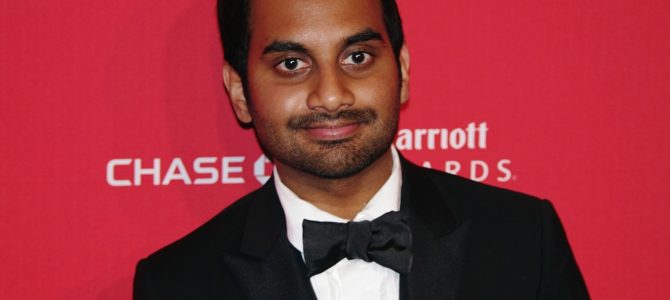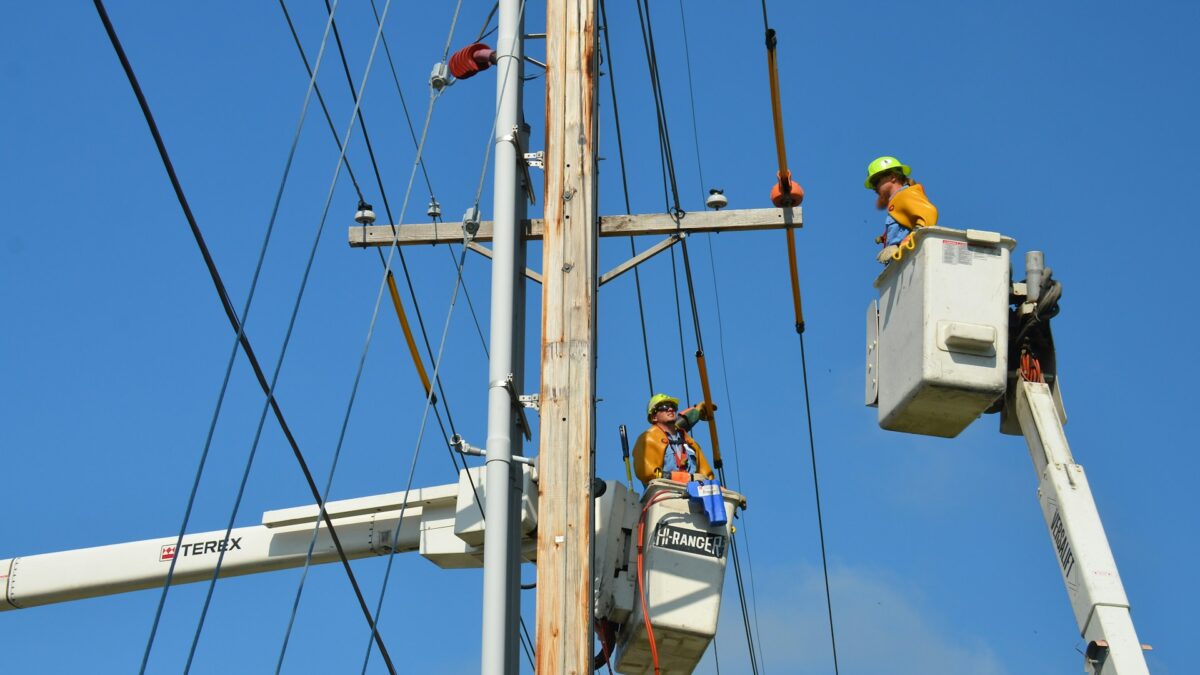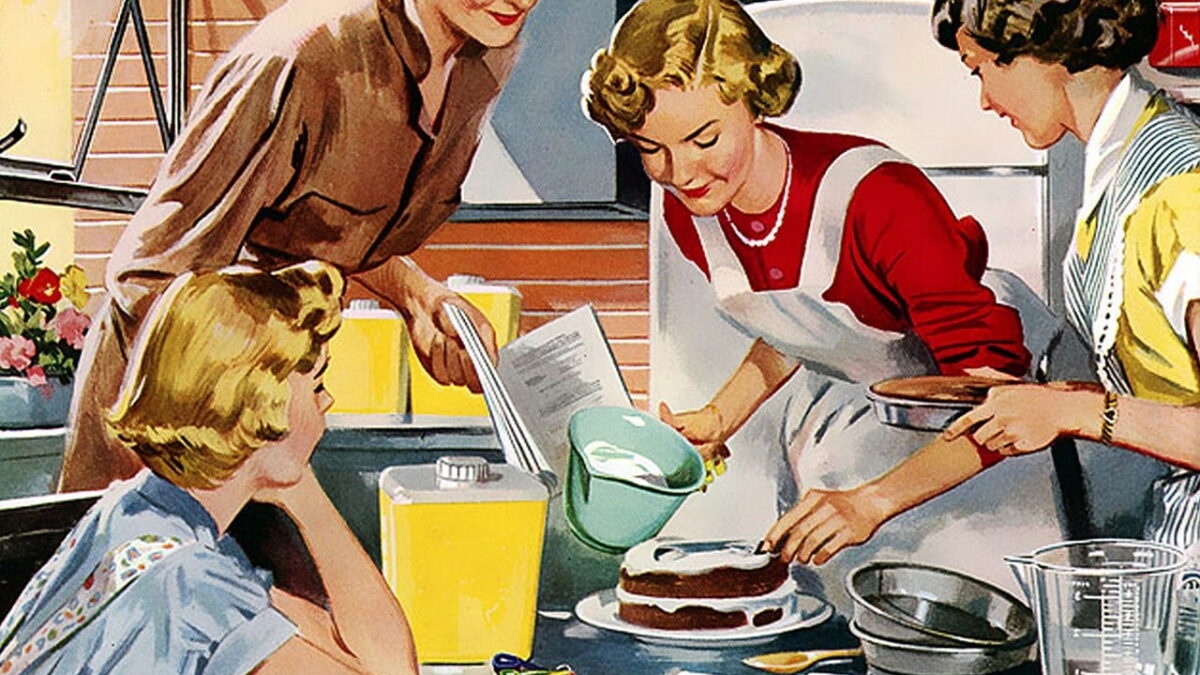
The Great Sexual Harassment Awakening has run aground on the shoals of…Aziz Ansari? Yeah, I wasn’t expecting that, either.
A recap seems in order. Last year, in the least unexpected revelation ever, big-shot Hollywood producer Harvey Weinstein was exposed as a sleazy casting couch predator. This led to the public exposure of a whole bunch of other creeps, mostly in media and entertainment.
But naturally the whole thing was going to go overboard and become a new kind of sex panic. The vehicle for this was the #MeToo movement, in which women were supposed to take to social media (hence the hashtag) to proclaim that they, too, had been victims of sexual harassment. I have no doubt that many women can legitimately say so. Yet in a culture where victimhood is a kind of moral currency, there was too great a temptation for those who don’t want to be left out to claim that any unpleasant experience they had with a man was equivalent to being raped by Harvey Weinstein.
There has already been some pushback. Some French women apparently aren’t having any part of it, viewing this as just another example of “Anglo-Saxon Puritanism.” Even Margaret Atwood, author of “The Handmaid’s Tale,” a widely praised feminist allegory premised upon mass rape, has now been deemed a “bad feminist” for signing an open letter demanding due process for a Canadian academic fired over accusations of sexual misconduct. Even that suddenly popular term, “sexual misconduct”—used to cover a wide range of unapproved behaviors—has a kind of neo-Victorian ring to it, doesn’t it?
That brings us to Ansari. A website called Babe just published a long, overly detailed story about an anonymous young woman’s bad date with Ansari, a comedian, actor, and minor television star. This is a big deal, I gather, because Ansari’s shtick is to present himself as what we used to call a “sensitive man” and what the kids today call “woke.” So the story is that a celebrity turned out to be different in real life than in his public image. This is newsworthy—if you’re an especially naive 23-year-old, which seems to be the profile of the website’s average writer.
I wasn’t going to comment on this story, because I had never heard of Babe before this and know nothing about their journalistic standards, including whether they have any. Who knows if any part of this anonymous account is true? By now, however, everyone else is already talking about it, so the story is how people are reacting to it, which is just as revealing as if it were a fictional or hypothetical example.
Like I said, the Babe article is somewhat uncomfortably over-detailed, so I’ll save you the agony of reading it and just sum it up. Our 23-year-old protagonist meets the male villain of the story, trades text messages with him, and agrees to a date. He is somewhat brusque and inconsiderate, yet she still agrees to go back to his apartment, where he is sexually aggressive in a way that is both clumsy and boorish.
At no point in the account is she actually coerced. She is “uncomfortable at how quickly things escalated,” but “most of my discomfort was expressed in me pulling away and mumbling.” Yet she still agrees to perform a sexual act on the villain because “I think I just felt really pressured.” She leaves the apartment in tears and disappointment, muttering that “guys are all the same.”
Since this is considered a highly significant story, we can draw a few lessons from it. The first is that the modern woman is a dishrag, unable to express her preferences in anything louder than a mumble. All that bluster we’ve been hearing for the past decade or two about “fierce” women and “empowerment” is overcompensation for having no spine or self-esteem. Caitlin Flanagan makes this point, recalling similar stories in the “magazines and advice books and novels” aimed at girls when she was a teenager in the 1970s.
With the exception of the explicit physical details, stories like Grace’s—which usually appeared in the form of ‘as told to,’ and which were probably the invention of editors and the work product of middle-aged women writers—were so common as to be almost regular features of these cultural products. In fact, the bitterly disappointed girl crying in a taxi muttering, ‘They’re all the same,’ was almost a trope. Make a few changes to Grace’s story and it would fit right into the narrative of those books and magazines….
Those magazines didn’t prepare teenage girls for sports or STEM or huge careers…. But in one essential aspect they reminded us that we were strong in a way that so many modern girls are weak. They told us over and over again that if a man tried to push you into anything you didn’t want, even just a kiss, you told him flat out you weren’t doing it…. In so many ways, compared with today’s young women, we were weak; we were being prepared for being wives and mothers, not occupants of the C-Suite. But as far as getting away from a man who was trying to pressure us into sex we didn’t want, we were strong.
Flanagan also gives the best description of the story in Babe: it is the female version of “revenge porn.” “The clinical detail in which the story is told is intended not to validate her account as much as it is to hurt and humiliate Ansari.”
At the New York Times, Bari Weiss notes that “The single most distressing thing to me about this story is that the only person with any agency in the story seems to be Aziz Ansari. The woman is merely acted upon.” She describes it as “the worst thing that has happened to the #MeToo movement since it began in October.”
Yet the thing that really struck me about the response to this story is that many young women are proclaiming that it rings true to them, that it is an accurate reflection of the current dating culture, such as it is. If so, then the rules and expectations for dating and sex are totally broken. Maybe that’s the real story of the current sex panic. The sexual revolution threw out all the old rules—not just those that were puritanical or overly restrictive, but all of them, including any expectations about chivalrous behavior on the part of men. Which turns out to be a problem.
If we listen to the feminists who have been promoting #MeToo and are defending the attempted takedown of Ansari, this is what they are telling us. Jessica Valenti says that “part of what women are saying right now is that what the culture considers ‘normal’ sexual encounters are not working for us, and oftentimes harmful.” And elsewhere, “Our standard for sexual behavior has to be more than what’s legal or illegal—it needs to be about what’s right.” Why, she sounds almost like…a conservative.
The difference is that feminists filter this through a quasi-Marxist ideology of class warfare, where it’s all about power. The feminist website Jezebel, after some snark at Babe for presuming to compete with them in publishing sensational stories of sexual harassment, concludes that this story “exposes cracks in the modern dating contract; even if Ansari were not a famous man, the fact that Grace perceived him to possess enough power that she felt coerced is a statement about the ways women are conditioned, even with decades of entrenched feminism, to concede to that perceived power.”
So the answer, I guess, is to solve “the imbalanced sexual power structures that plague us,” i.e., the patriarchy. This is the key to the learned powerlessness noted by Flanagan and Weiss—not despite decades of entrenched feminism, but because of it. Modern feminism insists that the only answer to any problem is collective, not individual. Come the revolution, we will all be free, but in the meantime, a woman cannot be expected to resist a man if she “perceives him to possess enough power that she feels coerced.”
Ansari is at most five and a half feet tall and looks like he weighs about 115 pounds, so we’re clearly not talking about the power of actual, physical coercion, which is not alleged in the story about him. The perceived power and felt “coercion” is merely psychological and requires that the young woman be under its sway.
So why call it “coercion”? Because that’s all feminism has got as an instrument of moral thinking about sex. In their ideological framework, everything is about power and force—taking it away from designated oppressor classes and wielding it on behalf of designated victim classes. A whole range of other concepts—love, dignity, self-respect, self-restraint, prudence, commitment, responsibility, and the actual power of individual choice—are hard to process within their moral and philosophical framework. When faced with situations that call for those concepts, all they have to fall back on is power, coercion, and class warfare. So they have to make everything fit into those categories.
That’s why the protagonist of our story ends up concluding that her disappointing encounter with a boorish man was actually “sexual assault.” She says she debated whether it was just “an awkward sexual experience,” but in the modern code there is no moral language for dealing with that and thus it would be dismissed as having no significance. That’s why it has to be escalated all the way up to “assault.”
We end in the same place we arrived with restrictive codes of sexual conduct on college campuses. Faced with the need to rebuild a code of sexual morality and etiquette in the aftermath of the sexual revolution, these are the only terms on which the Left can do it. There is “sexual assault,” and then there is “anything goes,” so anything you don’t like had better be redefined into the category of “sexual assault.” But those terms end up being so narrow, puritanical, and unjust that they are unacceptable to most sane people. It’s a matter of chance that this case is the one where people finally started to draw a line against the #MeToo overreach. But they had to draw the line somewhere.
Follow Robert on Twitter.









